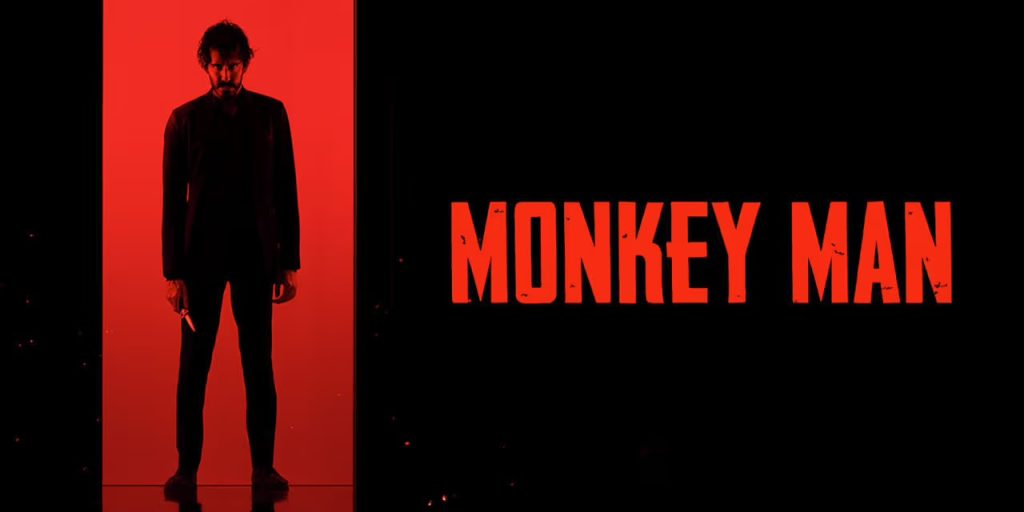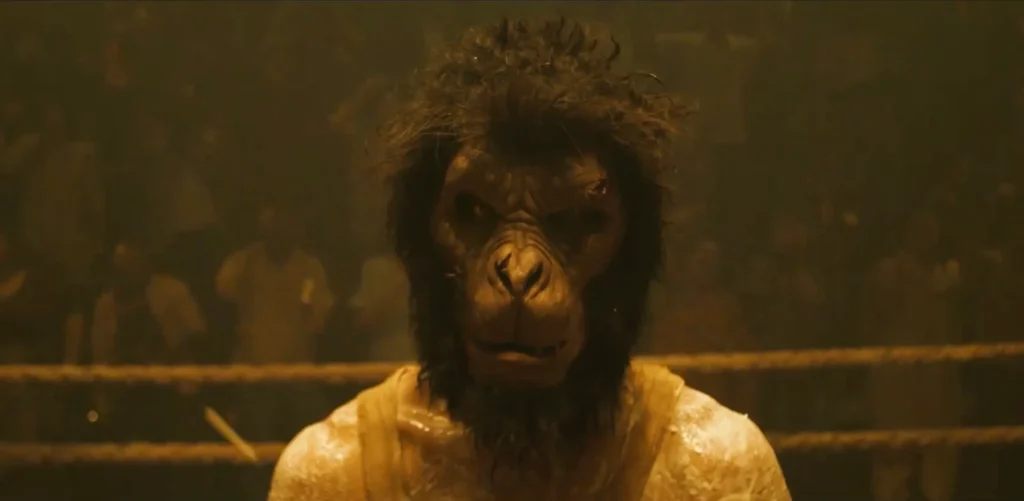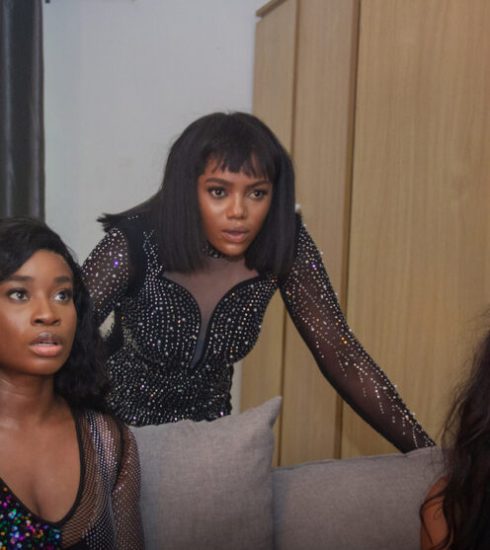Movie Review: Monkey Man
When a well-known actor makes their directorial debut, that generally means that said actor will cast as many of their famous friends as possible for a movie involving lots of talking but not much moving of the camera. And sometimes, instead, it means a film like Dev Patel’s Monkey Man, a breathtakingly crafted, hyper-violent saga where the only name actors (outside of Asia) are Patel and Sharlto Copley.
Patel’s debut feature is already the subject of controversy: Universal bought the film from Netflix at a discount price, allegedly over the streamer’s hesitance to offend powerful political interests in India. But Netflix’s loss is definitely Universal’s gain — Monkey Man becomes more breathlessly thrilling as it goes along, with a shredded Patel turning in an impressive action-star performance that’s brooding, intense, and unlike any of his film work to date. (If Liam Neeson’s success in Taken encouraged other 50-something actors to reinvent themselves as gun-toting badasses, perhaps Keanu Reeves’ work in the John Wick franchise will push more 30- and 40-something dramatic performers to get the 80s style macho-man film machine rolling again.)

Patel stars as an unnamed character whom we first see in underground fights (organised by sleazy promoter Copley), taking physical abuse from his opponents while wearing an ape mask. He’s haunted by flashbacks of childhood trauma — the film builds quite a bit of anticipation before revealing all — but he springs to life when he sees an opportunity to work for the nefarious Queenie (Ashwini Kalsekar), who runs a high-class den of vice that attracts the most powerful men in politics and religion. It’s there that he hopes to get his revenge on the men he sees as directly responsible for that childhood trauma: a corrupt police chief (the imposing Sikander Kher) and a despicable political power-broker who disguises himself as a spiritual leader (Madarand Deshpande).
The hero’s quest will break him down and build him back up — there’s even a revelatory drug-trip sequence, and along the way, he will benefit from the support of fellow outsiders, including Alfonso (Pitobash), a filthy-mouthed drug dealer and Neela (Adithi Kalkunte), one of Queenie’s trafficked sex workers.
Working with cinematographer Sharone Meir (Whiplash, Silent Night) and a trio of editors, Patel turns each of Monkey Man’s many fight sequences into a dazzling blend of choreography, sweeping and swooping camera moves; that’s a combo that, in far too many films, leads only to visual chaos, but the team here crafts these moments with such assurance and precision that the results deliver cinematic adrenaline. Also deserving of praise are the sound designers who add the crunches and squishes that bring additional immediacy to the physical combat on display; between the sounds and the cutting, several of the fights end in moments that will make many viewers audibly flinch.

Add to this a screenplay that specifically targets those in power who would exploit and abuse the masses below the poverty line, and you get that rare action film that’s not afraid of ideas. (Even if those very ideas gave Netflix cold feet.)
That desire to explore issues of class and power rescues Monkey Man from feeling familiar, whether it’s a big brawl taking place in a men’s room (watch out for that aquarium!) that calls to mind Mission: Impossible – Fallout, or the plot itself, with the increasingly cascading stakes feeling like a series of video-game–inspired boss battles. What Patel has crafted delivers both kinetic action and real-world relevance, an exceedingly rare combination.
8/10
Boluwatife Adesina is a media writer and the helmer of the Downtown Review page. He’s probably in a cinema near you.






